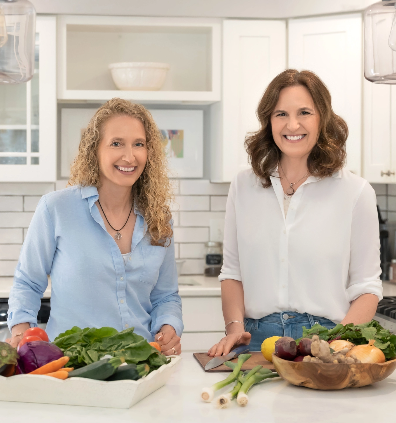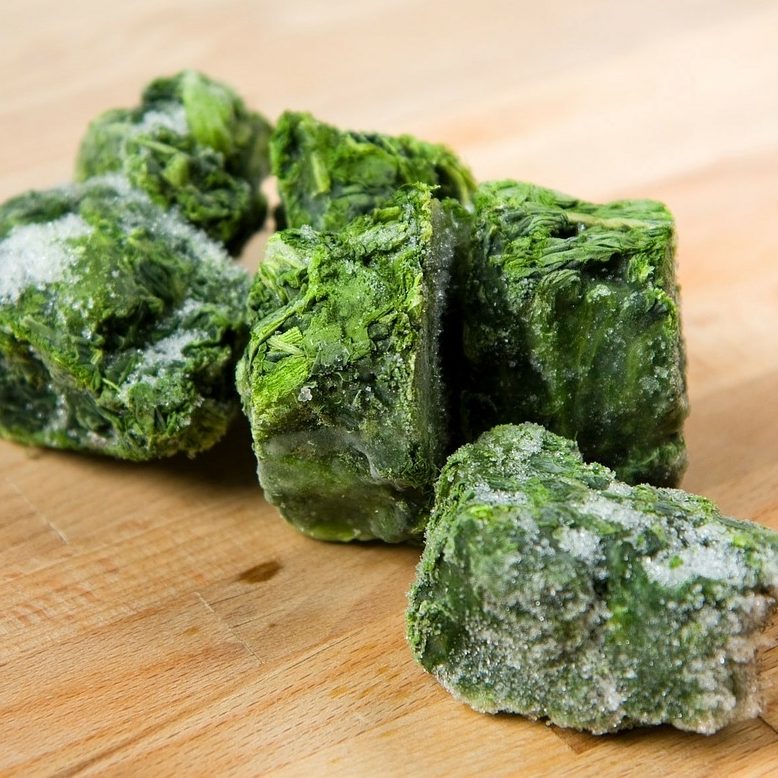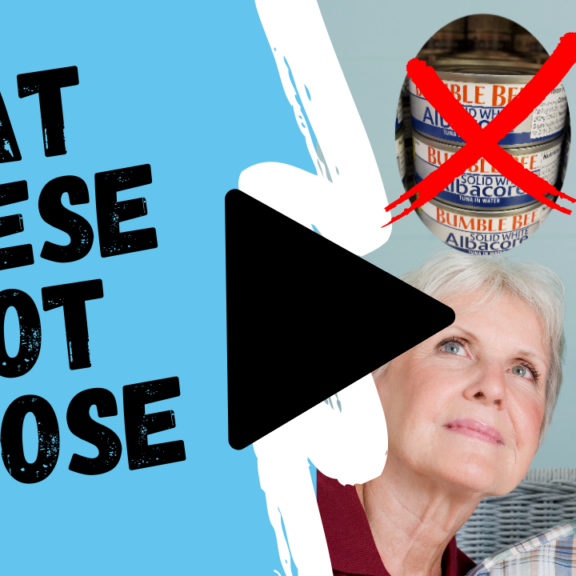5 Cholesterol Myths . . . Busted
Sadly, we see way too many clients who have a fear of their “elevated” cholesterol levels when in fact, their numbers may be perfectly fine. Not to mention the fact that cholesterol is absolutely essential to good health (yes, you read that right).
So we wanted to share some common myths about cholesterol as well as give you the goods on what healthy lifestyle choices you can make to reduce your risk of heart disease naturally.
Let’s jump right in.
Myth #1: “Cholesterol” is cholesterol
While cholesterol is an actual molecule, what it is bound to while it’s floating through your blood is what’s more important than just how much of it there is overall. In fact depending on what it’s combined with can have opposite effects on your arteries and heart. Yes, opposite!
So cholesterol is just one component of a compound that floats around your blood. These compounds contain cholesterol as well as fats and special proteins called “lipoproteins”. They’re grouped into two main categories:
- HDL: High Density Lipoprotein (sometimes referred to as “good” cholesterol) that “cleans up” some of those infamous “arterial plaques” and transports cholesterol back to the liver.
- LDL: Low Density Lipoprotein (sometimes referred to as “bad” cholesterol) that transports cholesterol from the liver (and is the kind found to accumulate in arteries and become easily oxidized hence their “badness”).
And yes, it’s even more complicated than this. Each of these categories is further broken down into subcategories which can also be measured in a blood test. In fact, there are some LDL components which are NOT artery clogging. So although most doctors measure only the total LDL, they are often missing a much bigger picture.
So “cholesterol” isn’t simply cholesterol because it has very different effects on your body depending on which other molecules it’s bound to in your blood and what it is actually doing there. If your doctor suggests putting you on a statin based on just your basic numbers without looking deeper, we recommend asking for a lipid particle test, which offers a very in depth look at the breakdown of your LDL and HDL molecules, among other inflammatory factors. A few good companies include Spectracell and Cardio IQ.
Myth #2: Cholesterol is bad
Cholesterol is absolutely necessary for your body to produce critical things like vitamin D when your skin is exposed to the sun, your sex hormones (e.g. estrogen and testosterone), as well as bile to help you absorb dietary fats. Not to mention that it’s incorporated into the membranes of your cells.
Talk about an important molecule!
When we review blood work, we are often more concerned with someone’s triglyceride levels. Triglycerides are how fat is packaged and carried around in your blood. Many doctors and healthcare professionals now look at the triglyceride to HDL ratio as a very important risk factor (triglyceride divided by HDL). Best scenario is 2 or less.
Myth #3: Eating cholesterol increases your bad cholesterol
Most of the cholesterol in your blood is made by your liver. It’s actually not from the cholesterol you eat (yea! you can go back to eating the whole egg)! Why do you think cholesterol medications block an enzyme in your liver (HMG Co-A reductase, to be exact)? ‘Cause that’s where it’s made!
What you eat still can affect how much cholesterol your liver produces. After a cholesterol-rich meal your liver doesn’t need to make as much.
Myth #4: Your cholesterol should be as low as possible
As with almost everything in health and wellness there’s a balance that needs to be maintained. There are very few extremes that are going to serve you well.
In fact, people with too-low levels of cholesterol have increased risk of death from other non-heart-related issues like certain types of cancers, as well as suicide. We don’t like to see levels less than 140, and are now seeing many functional medical doctors not alarmed at a cholesterol level over 200 as long as other markers are in good shape.
Myth #5: Drugs are the only way to get a good cholesterol balance
We will start off by saying to NEVER start or stop any medications without talking with your doctor.
While drugs can and do have their place, there are lots of natural methods we have seen work time and time again with diet and lifestyle changes.
One of the most effective ways to lower your cholesterol with diet is to eat lots of fruits and veggies, like from 8-10 servings a day. We are masters at helping our clients fit more fruits and veggies into their diets and it’s not as daunting as you think. Whole foods like beans and oats and good fats like olive oil, nuts and avocados are also nutrition powerhouses for heart health. In addition, regular exercise, weight loss, stopping smoking, and reducing refined carbs and sugar can all have a dramatic effect on your lab numbers.
If you struggle with or are confused about how to make diet changes, a great place to start is by following the guidelines in our PM Meal Mastery program. For less than the cost of a bag of groceries, you can have access to this amazing resource that provides a scientifically-backed nutrition plan for optimal health, energy, and confidence after menopause.
This is the nutritional program for post menopausal women who want to fuel their bodies, feel their best, reduce dependence on medication, and live an active, engaged life. Check it out here.

THE NOURISHING GURUS
Jane and Stephanie, creators of The Simply Nourished Solution™, are nutritionists who help women over 50 go from overweight, frustrated, and inflamed to lighter and healthier so they can be more active, feel good in their bodies, and live the second half of life with energy and confidence. Their 3-pronged approach, which can fit into any lifestyle, encompasses not only wholesome energizing foods but powerful habit and mindset shifts.
CATEGORIES
What’s blocking your weight loss success?

You can still lose weight after 50 - even if you’ve been trying your whole life! Find out what’s standing between you and the healthy weight, energy and freedom you’re looking for.
Supported weight loss for women over 50
If you’re struggling to nourish yourself after menopause, our Simply Nourished Solution™ Signature Weight Loss Program offers the tools, strategies and shifts you need to stop yo-yo dieting, permanently lose weight, and feel better than ever in your 50’s, 60’s and beyond.


